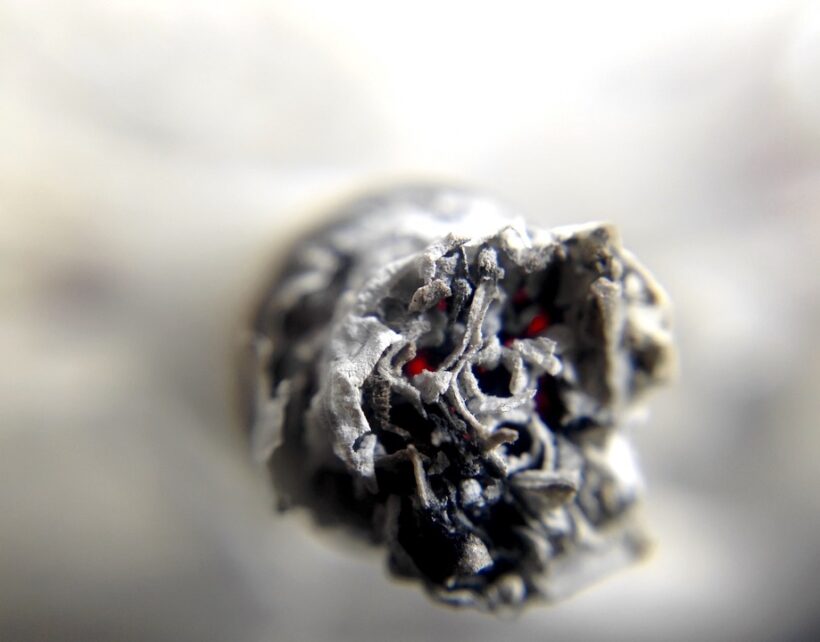By Hugo Behm Rosas*
FRATERNITY IN THE CONCENTRATION CAMPS OF THE DICTATORSHIP
From the foreword by Miguel Lawner:
This is a song of fraternity over hatred.
There are not many books written about the experiences suffered by tens of thousands of Chileans, confined by the military dictatorship in clandestine centres of imprisonment, torture and/or disappearance.
Most describe, in greater or lesser detail, the cruel torments to which they were subjected.
Dr. Hugo Behm’s book is somewhat different. He emphasises the feeling of solidarity, fellowship and mutual aid among political prisoners, which help to overcome the adversities to which they are exposed. The author emphasises the bonds of comradeship, which, he says, do not reach any time outside prison.
SOLIDARITY BEHIND BARS
We began to think about what to do, and I noticed that naturally the nostalgia, the despair was devouring us in one way or another, over so many hours, so many days and nights of waiting. The prisoner has not yet finished imagining his own role, he does not yet have the consciousness that he will probably be imprisoned for months or years, that it makes political sense to be imprisoned, that he has to prepare himself to resist and organise himself to work. This indecision, this false image of reality brings anguish, so much so that, at some point, someone would break down, and talking about his wife, his children, his eyes would fill with tears and his voice would break. That’s when we would come in, to help him, to shake him up, to say: get up, man, how you’re going to break! Everything is going to work out, you’re going to meet your family, it’s going to take time, it’s true, but they’re already working for us, go ahead! Solidarity had that face of strength, that face of help for a man who just a few hours before was a stranger, but who was now a comrade, another comrade, generally with the same ideas as us, a comrade who suffered the same hardships and who fought for the same causes.
I remember that we were served tea and bread in the morning, a hot meal at lunchtime, tea and bread again, and the same thing in the evening as at lunchtime. We decided to save some crumbs and make ourselves a domino; with work, removing it and putting them together, we built the pieces of a domino and started to play. Sometimes we were bored, sometimes we were entertained, the game somehow removed it from that infernal circle, from the anguish and the always prolonged waiting.
I also remember another scene, so beautiful, so moving. We all had a few cigarettes in our pockets at the time of the arrest, we were saving them, we were sharing them, but in the end they ran out. Naturally, a great anguish began; we dreamt of a cigarette, we dreamt of the smoke and of that transitory tranquillity that smoking gives the smoker. Well, one night I absent-mindedly reached into my coat and found that I still had nothing less than a small bag of pipe tobacco.
It was a tremendous joy. Comrades, I said, we have tobacco! And there was the tobacco but no cigarettes. It was the case that a prisoner, a man from the countryside, said: I know how to make cigarettes! Then came the problem of finding the paper: we unpacked some of the previous packs, we rummaged in all our pockets until we found some paper, and the fellow in charge of making the cigarette set about the task of cutting it out meticulously and making the first one. We agreed to cooperatively smoke a cigarette between the five of us, at 11am and 6pm. Those hours became a ritual that was more than just smoking, it was about sharing what little we had, among all of us and without distinction. We would remove it from the bag with the tobacco, he would spread out the paper and begin to roll it up carefully, so that not a single speck of tobacco was lost, close it at the ends, light it, take the first few puffs, pass it to the person on the right, who would suck on it and keep going round until the first one came back. The cigarette was being consumed, it was getting smaller and smaller, but we took it to the extreme, to the point that our buds were almost burnt, they turned yellow and when the “pucho” was finally finished and we had all sucked and enjoyed them, we kept those ashes – which were more paper than tobacco – in a window sill, for future needs… The tobacco was consumed, the days went by, three weeks went by, we smoked every day those two cigarettes that were our hope for the day, the moment of camaraderie, the moment of sharing scarce resources.
ESPORA EDICIONES, Santiago de Chile 2019
Hugo Behm – After graduating as a surgeon in 1936, from 1953 onwards he devoted himself to biostatistics, training at the Chilean School of Health and at Johns Hopkins University, and furthered his studies at Columbia University in New York. He collaborated on public health issues with Salvador Allende, from the years when the future President was a senator of the Republic. In 1974 he was taken prisoner by the military regime. In September 1975 he was transferred from the Ritoque concentration camp and expelled from the country, thanks to the efforts of the American Public Health Association (APHA) in favour of the release of six detained and imprisoned health workers.






